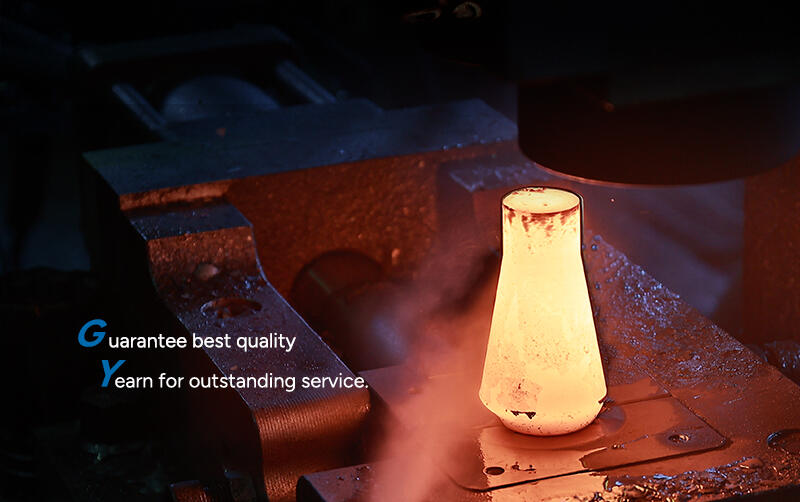Exploring the Essential Role of Forging Parts in Modern Manufacturing
Exploring the Essential Role of Forging Parts in Modern Manufacturing
Forging is a cornerstone of industrial manufacturing, particularly in sectors demanding high durability and precision. From automotive components to agricultural machinery, forging parts like sliding components and steel forgings provide unmatched strength and reliability. This article examines the critical aspects of forging parts, their applications, and why they are indispensable in today's market.
What Are Forging Parts and Why Are They Important?
Forging parts are metal components produced by shaping metal under high pressure, typically at elevated temperatures. The hot forging process enhances the mechanical properties of materials, making them ideal for applications that require strength and resistance to wear. Key examples include:
- Automotive parts: gears, axles, and sliding components
- Agricultural machinery: durable steel forgings
- Industrial equipment: custom metal forging solutions
The forging process ensures uniform grain flow within the material, significantly improving its overall structural integrity.
Key Benefits of Hot Forging
Hot forging stands out for its ability to transform raw materials into durable components suitable for demanding environments. Its benefits include:
- Enhanced Strength: The process strengthens the material's internal structure, making it ideal for high-stress applications like automotive axles and sliding components.
- Material Versatility: Hot forging supports a wide range of materials, including steel, alloys, and non-ferrous metals.
- Cost Efficiency: By reducing material waste and minimizing machining requirements, hot forging is a cost-effective manufacturing solution.
- Precision and Customization: The process achieves tight tolerances, enabling the production of complex shapes with minimal additional processing.
Applications of Forging Parts Across Industries
Forged components are integral to various industries. Some notable applications include:
1. Automotive Industry
Precision-engineered forging parts such as gears and transmission components enhance vehicle performance and safety. Hot forging ensures these parts withstand high temperatures and mechanical stress.
2. Agricultural Machinery
Durable steel forgings are used in tractors and other farming equipment, providing long-lasting performance even in harsh conditions.
3. Industrial Equipment
Metal forging enables the production of custom components like valves and sliding mechanisms for heavy machinery, ensuring operational reliability.
Choosing the Right Forging Manufacturer
Selecting a reliable forging manufacturer is crucial for maintaining product quality. Here are key factors to consider:
- Technical Expertise: Look for manufacturers specializing in advanced techniques like hot forging and precision metal forging.
- Material Range: Ensure the manufacturer can handle diverse materials, including steel, alloy, and specialized metals.
- Quality Certifications: Verify adherence to standards like ISO 9001 and IATF 16949 for consistent quality.
- Customization Capabilities: Choose a manufacturer that offers tailored solutions to meet unique project requirements.
Conclusion: Unlock the Potential of Forging Parts
Forging parts, particularly those produced through hot forging and metal forging, are indispensable in modern manufacturing. They provide the strength, precision, and reliability necessary for industries ranging from automotive to agriculture. By partnering with an experienced forging manufacturer, businesses can ensure their components meet the highest standards of quality and performance.
Take the next step in optimizing your production line. Explore innovative forging solutions today to enhance your operational efficiency and product reliability.


